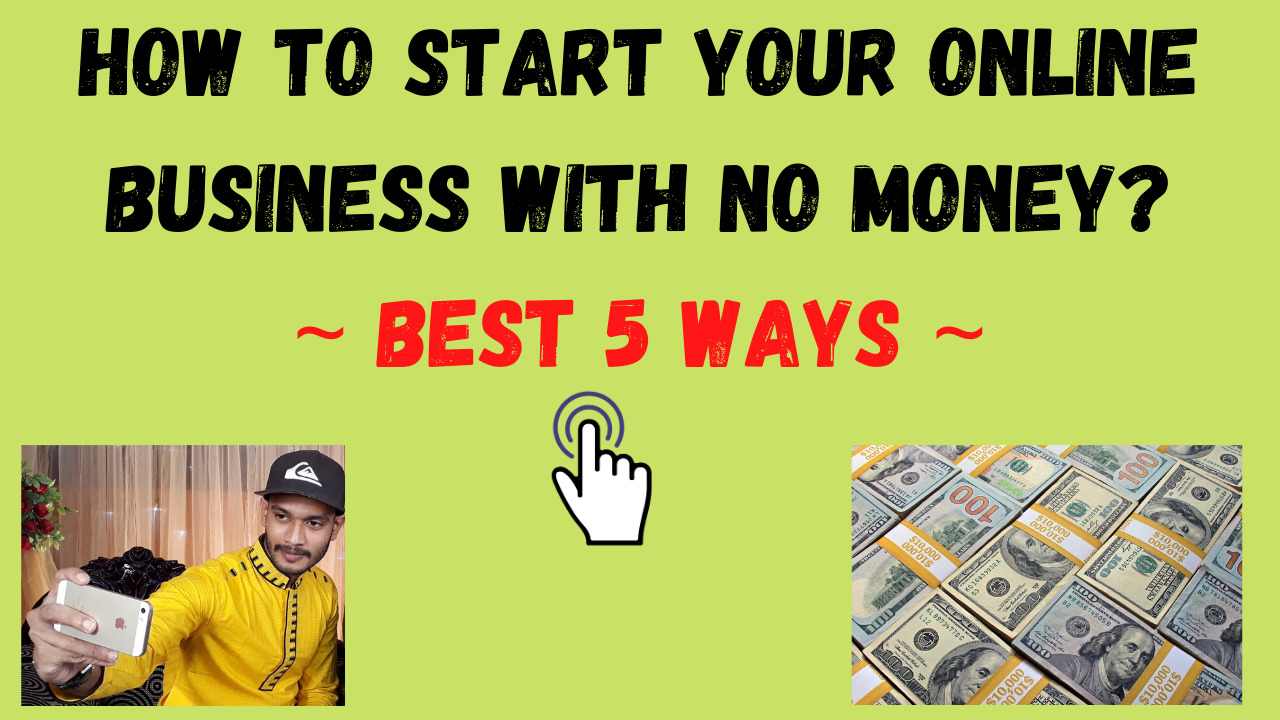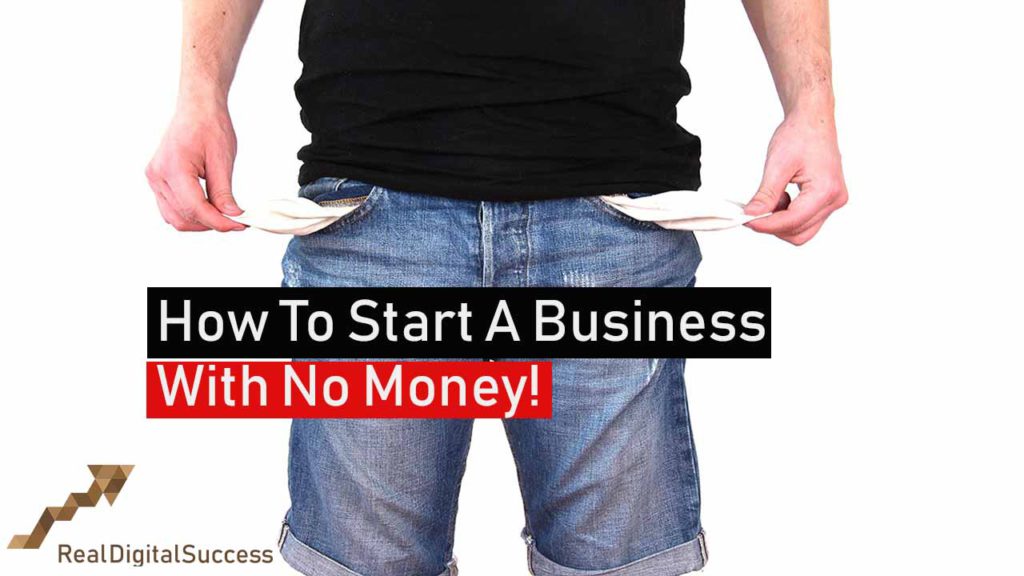How Do You Start A Business With No Money

The entrepreneurial dream often feels unattainable without significant capital, but launching a business with little to no money is more feasible than many realize. Creative strategies, resourcefulness, and a willingness to bootstrap are essential ingredients for success.
The challenge lies in identifying opportunities that minimize upfront costs and leverage existing resources. This article explores several proven methods for starting a business on a shoestring budget, highlighting the key steps and potential pitfalls.
Starting Small: Identifying Low-Cost Opportunities
Service-based businesses are often ideal for entrepreneurs with limited funds. These ventures typically require minimal inventory and rely heavily on skills and expertise.
Examples include freelance writing, virtual assistant services, social media management, and tutoring. Marketing these services can be done through free channels like social media and networking.
Another avenue is drop shipping, where you sell products online without holding any inventory. You act as a middleman, taking orders and forwarding them to a third-party supplier who ships the goods directly to the customer.
Leveraging Free Resources and Bartering
One crucial step is to utilize free or low-cost resources whenever possible. Government agencies like the Small Business Administration (SBA) offer free counseling, workshops, and online resources.
Additionally, explore free software and tools for marketing, accounting, and project management. There are numerous free options available online that can significantly reduce operating costs.
Bartering, or trading services, can be an effective way to acquire essential resources without spending money. Offer your skills in exchange for services you need, such as website design or legal advice.
Building a Minimum Viable Product (MVP)
The MVP approach involves creating a basic version of your product or service with only the essential features. This allows you to test the market, gather feedback, and refine your offering before investing significant resources.
The MVP should be functional and solve a specific problem for your target audience. Eric Ries, author of "The Lean Startup," emphasizes the importance of validating your assumptions and learning from customer feedback.
This iterative process helps you minimize risk and build a product that truly meets customer needs. By starting with a simple MVP, you can gradually add features and functionality as your business grows.
Funding Options Beyond Traditional Loans
While traditional loans may be difficult to obtain without a strong credit history or collateral, alternative funding options are available. Consider crowdfunding platforms like Kickstarter or Indiegogo.
These platforms allow you to raise money from individuals who believe in your idea. Prepare a compelling pitch and offer rewards or incentives to attract backers.
Another option is to seek funding from friends and family. However, it's crucial to formalize the arrangement with a written agreement to avoid potential misunderstandings.
Grants are another potential source of funding, particularly for businesses that address social or environmental issues. Research grant opportunities offered by government agencies and private foundations.
The Importance of Networking and Mentorship
Building a strong network is essential for any entrepreneur, especially those with limited resources. Attend industry events, join online communities, and connect with potential mentors.
A mentor can provide valuable guidance, support, and advice based on their own experiences. Look for someone who has successfully navigated the challenges of starting a business.
Don't be afraid to ask for help and leverage your network to gain access to resources and opportunities. The entrepreneurial journey can be lonely, so having a supportive network is crucial.
Overcoming Challenges and Staying Motivated
Starting a business with no money requires significant dedication, perseverance, and resilience. You'll likely face numerous challenges along the way, including rejection, setbacks, and moments of doubt.
It's important to stay focused on your goals and maintain a positive attitude. Celebrate small victories and learn from your mistakes.
Remember why you started your business in the first place and use that motivation to overcome obstacles. The journey may be difficult, but the rewards can be significant.
Ultimately, starting a business with no money is about resourcefulness, creativity, and a strong work ethic. By leveraging free resources, building a strong network, and staying focused on your goals, you can turn your entrepreneurial dreams into reality, regardless of your financial situation.
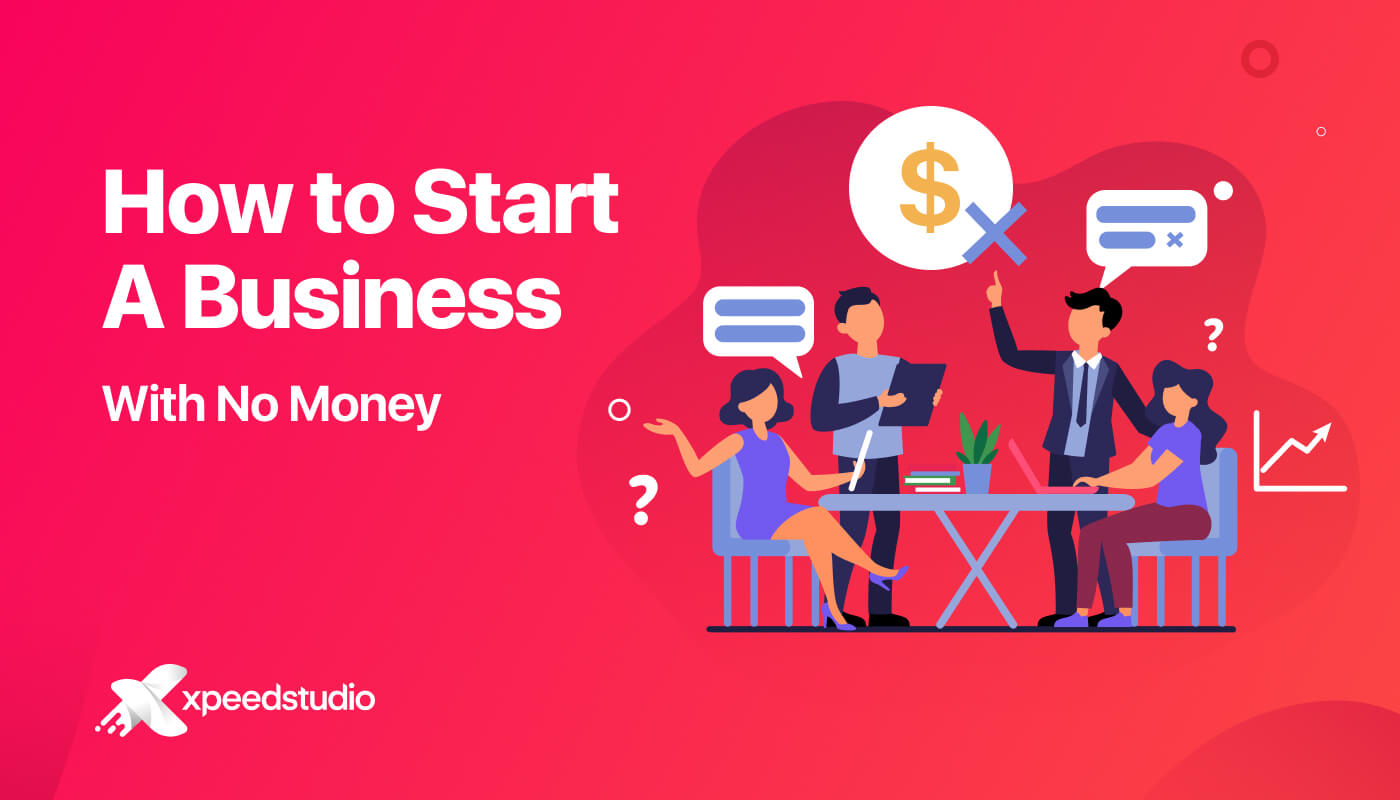
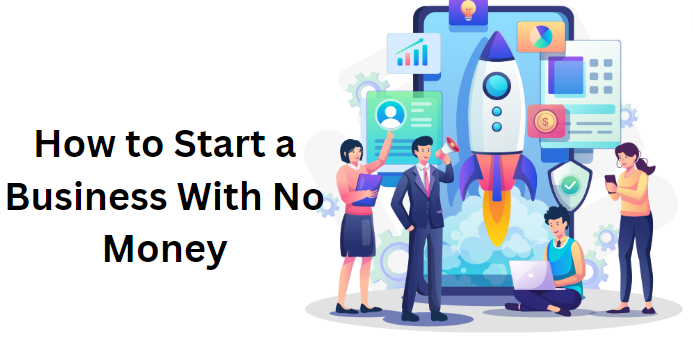
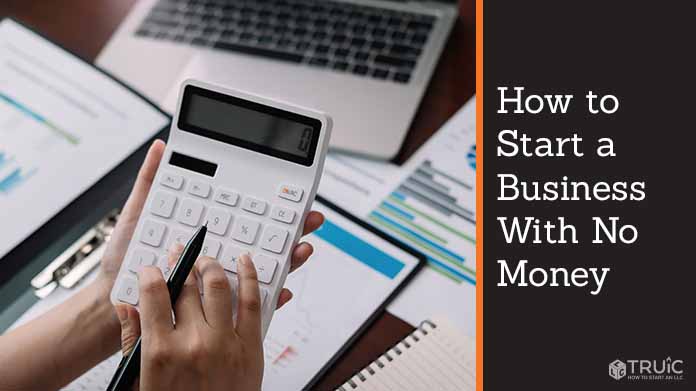
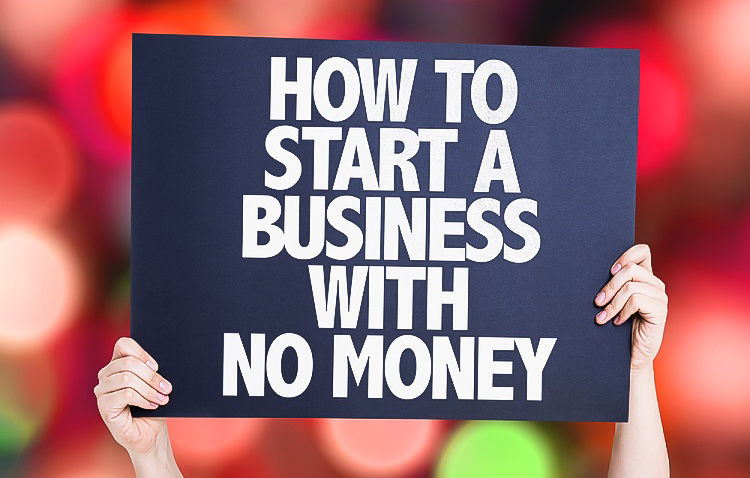






:max_bytes(150000):strip_icc()/start-online-business-with-no-money-4128823-final-5b87fecd46e0fb00251bb95a.png)
